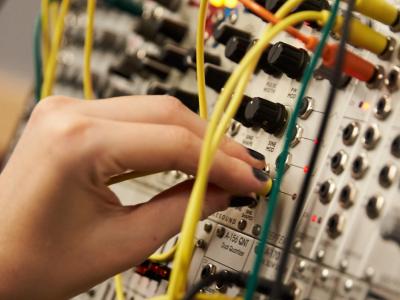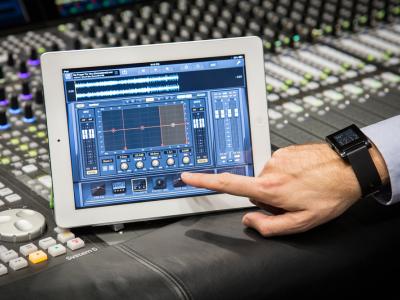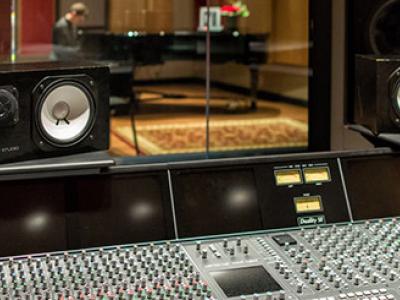What does a Studio Maintenance Engineer do?
A studio maintenance engineer's work can be divided into three primary areas: maintenance, repair, and installation. Unsurprisingly, maintenance is the largest of these; in order to ensure that recording equipment keeps its functionality over time and is prepped for recording, maintenance engineers carry out regular alignment, calibration, and testing of all equipment, documenting their work in equipment logs. They also organize and test all of the studio’s cables and tie lines. Prevention is another form of maintenance, so engineers may lead training sessions with other engineers or create detailed manuals so their coworkers know how to operate, care for, and repair the equipment.
Studio maintenance engineers are senior professionals who have spent most of their lives working with music and recording equipment.
When equipment stops working, it's the job of a maintenance engineer to figure out why and find cost-effective solutions. Sometimes maintenance engineers can quickly fix hardware themselves, while other times the repairs may involve ordering replacement parts or subcontracting a more specialized professional. Studio maintenance engineers are also frequently hired as consultants in the design, layout, and construction of recording studios as well as the purchase of new audio equipment. The average recording engineer may be able to perform basic daily maintenance and setup, but a great maintenance engineer does far more, extending the life of the studio’s audio equipment, preventing costly recording setbacks due to equipment failure, and occasionally improving the quality of recording through skilled calibration.
At a Glance
Studio maintenance engineers are senior professionals who have spent most of their lives working with music and recording equipment. Most begin as recording studio runners or assistant engineers, where they become closely acquainted with the maintenance and repair of audio equipment. From there, maintenance engineers might gravitate naturally and quickly towards this field or switch to it after a number of years as a recording engineer, live sound systems engineer, or other variety of hardware-oriented audio engineer. Experienced and successful maintenance engineers might begin working as consultants, design studios themselves, or work with high-budget studios.
Some studio maintenance engineers are freelancers who serve a number of recording studio clients throughout an area. Others are full-time employees of large recording studios, recording studio complexes, conservatories and schools with professional-level studios, and radio stations with dedicated studios—in which case they may also maintain broadcast equipment. Whatever the case, creating and utilizing connections with studio managers, owners, and recording engineers is the best way to find work.
- Electrical engineering
- Audio recording and amplification hardware
- Hand soldering
- DAWs
- Instrument maintenance
- Problem solving
- Communication
Studio maintenance engineers are meticulous, consistent, and highly organized. They must be capable of working alone for hours on a routine that some might find repetitive without being lulled into making even a minor mistake, which could compromise the recording equipment at a critical moment. Because they are usually the first point of contact when something goes wrong and can't always be there in person, maintenance engineers should also be excellent communicators, capable of walking others through complex processes.
Studio maintenance engineers tend to do most of their work early in the morning and late at night—whenever the studio is inactive. The job doesn't usually require significant travel, although freelance engineers may commute to multiple studios per day. Additionally, freelance maintenance engineers who specialize in repair may forgo consistent maintenance work in favor of urgent and expensive repair gigs, which can mean an increased likelihood of travel and inconsistent hours.










